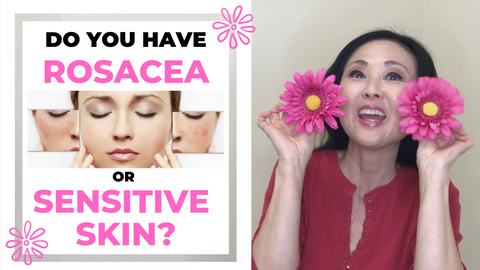What is the BEST matcha for vitamin C? Does matcha have vitamin c? Which is better, matcha or green tea?
When comparing green tea and matcha powder, as far as the amount of antioxidants that are in each, matcha powder seems to win out.
One study showed that matcha contained more than double the vitamin C than other green teas.
Green Tea vs Matcha
The difference between drinking green tea and matcha is that when it comes to ingesting the antioxidants (polyphenols and catetchins), you are drinking the whole leaf with matcha vs green tea . When you are drinking green tea, your drinking green tea infused water.
Although all green tea contains the catechins that are known to help fight inflammation, one particular compound that is abundant in green tea is called Epigallocatechin gallate. This is widely known for its anti cancer properties. It is also is in berries and cocoa but nowhere near the amount in matcha powder.
In one study, matcha was found to have up to 10 x more antioxidants than even the best green tea.
In another study by Koláčková et al, matcha was found to contain more than 2 times the amount of vitamin C of other green teas.
When compared to most other green teas, matcha is considered a powerhouse of antioxidants due to the level of EGCG (epigallocatcehin gallate) contained is exponentially more than regular green tea AND because it is grown in the shade, it is extremely rich in chlorophyll. This is what gives matcha its deep rich green color.
Chlorophyll is what aids in removing toxins and heavy metals from the body.
The BEST Matcha for Vitamin C
Matcha is widely known for containing vitamin C. However, some people were concerned that the vitamin C would be easily destroyed by the heat from the water during brewing.
Although this is a valid concern, a study was conducted using two different types of matcha powder. Both were organic, high quality matcha powder from the Uji region of Japan near Kyoto. A region very well known for producing matcha.
In the study they used 1.75 grams of the match powder . One of which was traditional matcha powder (1st and 2nd harvest) and the other was daily matcha powder (2nd and third harvest). They were infused with 100 mL of distilled water for 3 minutes in different water temperatures and cooled.
They performed the same test 3 different times to see which tea contained the most amount of vitamin C as well as other antioxidants.
The amount of vitamin c found in matcha was dependent on the temperature of the water BUT also the type of tea.
Most people assume that ceremonial grade matcha would have the highest amount of antioxidants, including Vitamin C. However, the highest amount of antioxidants in matcha tea was found in daily matcha.
Matcha is beneficial BOTH for your health and your skin due to its high level of antioxidants . The powerful polyphenols and catechins help reduce inflammation, and reduce cancer risk when taken Both internally and applied topically.
Studies have also shown that when matcha is combined with other antioxidant supplements, it can increase fat oxidation, reduces reactive oxygen species and other inflammatory diseases. For example, matcha helps support liver and brain functions, and has been shown to decrease insulin sensitivity.
Matcha Green Tea Mask for Hyperpigmentation
What the BEST water temperature for Matcha?
The best water temperature for matcha for taste may be different than the best water temperature for the highest amount of vitamin C in matcha.
*The study that measured the amount of vitamin C in the different types of matcha were infused in water temperatures of:
25C = 77F
70C = 158F
80C = 176F
90C= 194F
After all the infusions were cooled to room temperature and evaluated right away, it was repeated 3 times. The results of the study found that daily matcha brewed at 194F had the highest amount of antioxidants (polyphenols/flavinoids including vitamin C).
Matcha and Antioxidants:
Matcha not only works well with vitamin c but also other antioxidant as well.
A study showed obese subjects taking green tea extracts and glutathione levels in their blood increased. (Sources below)
Some of the antioxidants that shown to work well are:
Matcha and vitamin C
Matcha and glutathione
Matcha and Resveratrol
One of the minerals that matcha seems to decrease inn the blood is Iron, which may be beneficial for menopausal women who don’t need as much iron. This one way that has been suggested to help decrease iron levels in the blood for women who have an excess of iron in their blood.
Excess Iron can speed up aging in post menopausal women.
Some other articles that you may find interesting:
How to increase Glutathione naturally
The TRUTH about Vitamin C and YOUR Skin
Sources used:
https://www.ncbi.nlm.nih.gov/pmc/articles/PMC3603270/
https://www.ncbi.nlm.nih.gov/pmc/articles/PMC7796401/



